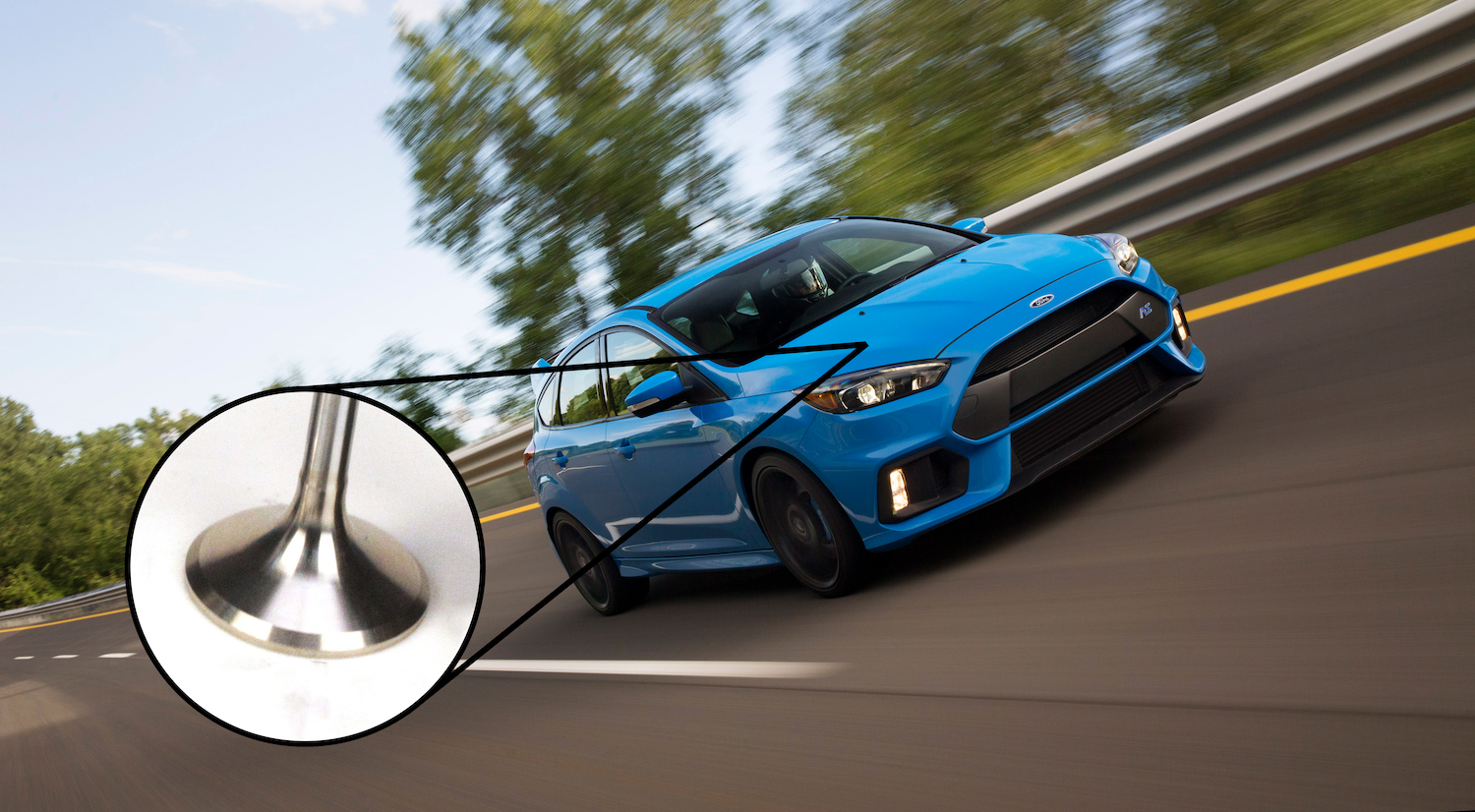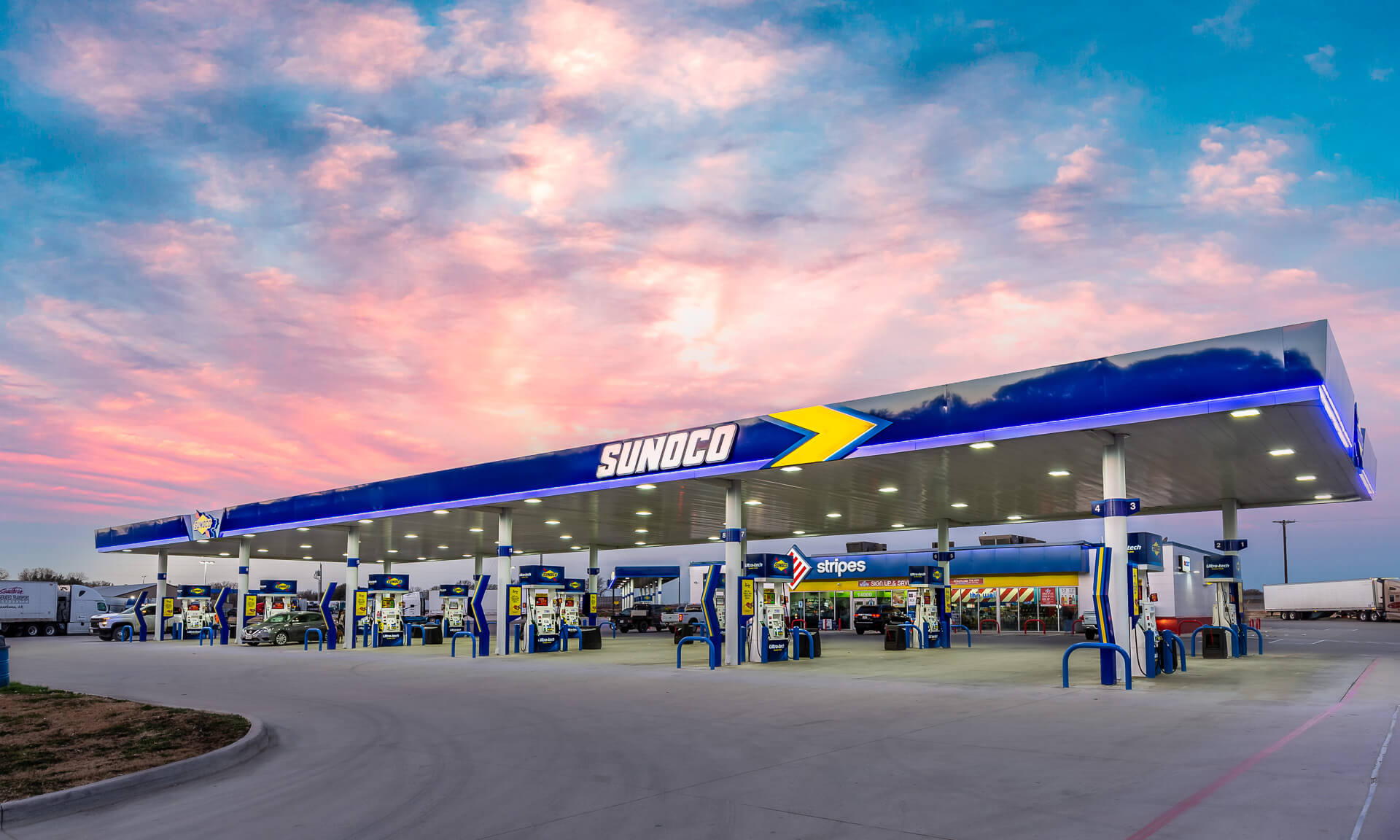Passion Meets Performance
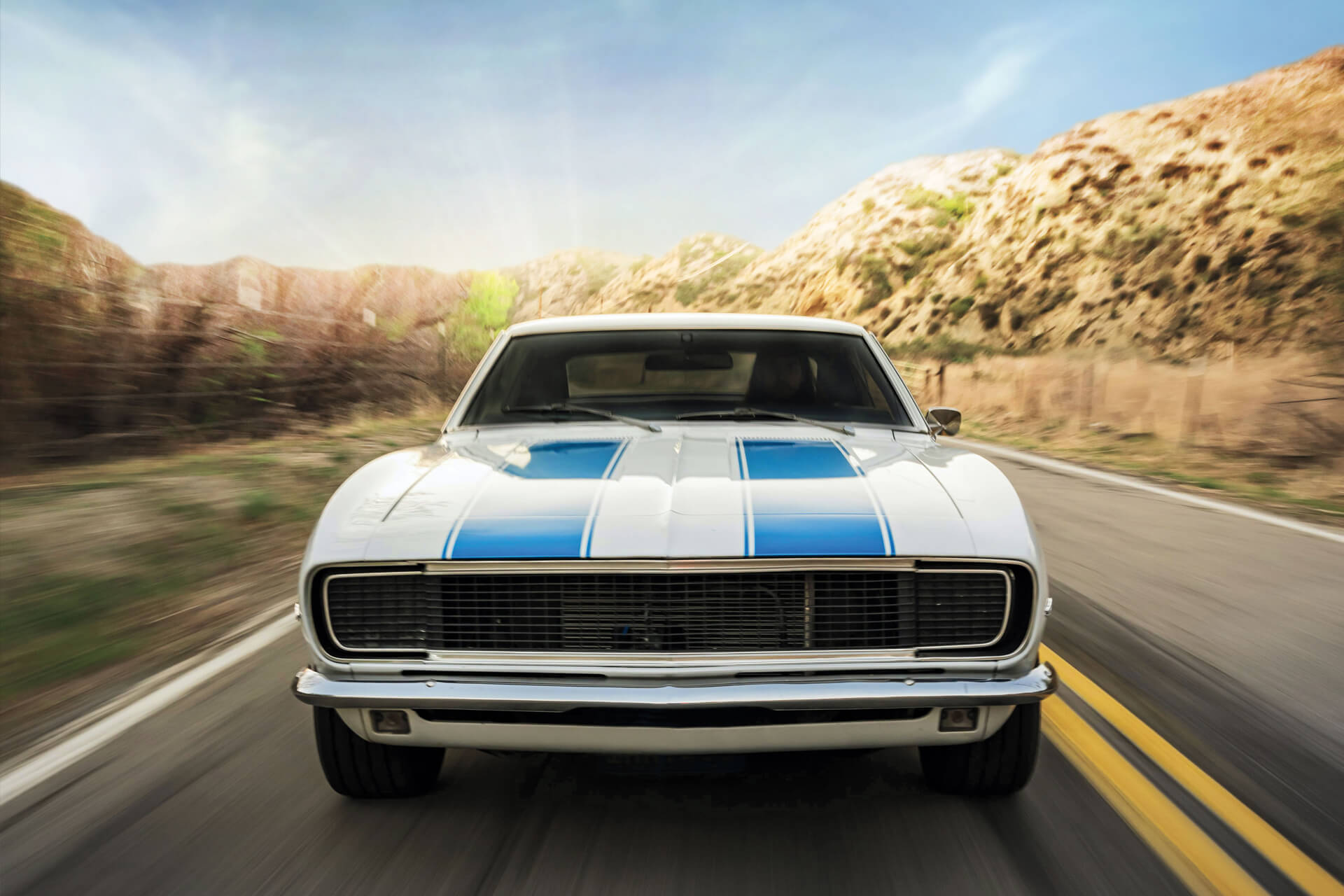
Which Gas is Best for Your Car?
- News Staff @ AutoGuide.com
- 12-Aug-21
- View source article
When it's time to fill up your car or truck's tank, gas is gas, right? Or is some fuel better than others? The answer is that not all fuels are created equally, and that most cars are designed to use fuel that is better than the bare minimum. What goes into your tank matters for so many different reasons, ranging from long life to how well it's filtered, and more. So how do you decide which fuel is fit for your ride?
Top Tier - Your Automaker Sign of Approval
Start by looking for the automaker-approved Top Tier logo, as found on Sunoco Ultratech™ fuels, as one of the first steps. The Top Tier logo is a great way to tell that the fuel coming from the pump wearing it meets a higher standard. That's because Top Tier is the benchmark set by leading automakers as a guide for what a modern car needs to keep running cleaner, longer, and more efficiently.
Some of the Environmental Protection Agency's gasoline standards are decades old. They come from a time when vehicles still offered carburetors, smog was practically expected to come out of the tailpipe, and vapor lock was still something you needed to worry about. In 1995, the EPA added a new standard that gave a minimum amount of detergent required.
Why the Minimum Wasn't Enough for Automakers
The problem was that some suppliers of gasoline already had more detergent than the minimum, so while this meant some fuel companies had to use more, others took the opportunity to use less - just enough to meet the minimum.
Automakers started to find deposits building up inside their engines after that detergent change because the minimum wasn't enough. Even back then. Today's cars and trucks are much more complex and designed for tighter tolerances, so a clean engine is even more important. Fuel injectors can clog more easily, intake valves can stick or disrupt flow, and deposits not cleaned out by detergents in fuel could lead to poor performance and even engine damage over time.
10 of the top automakers, including General Motors, Ford, Toyota, and Honda, decided that they needed better fuel. This led to the creation of the Top Tier Detergent Gasoline program, which used much more detergent than the minimum requirement and resulted in much cleaner engines.
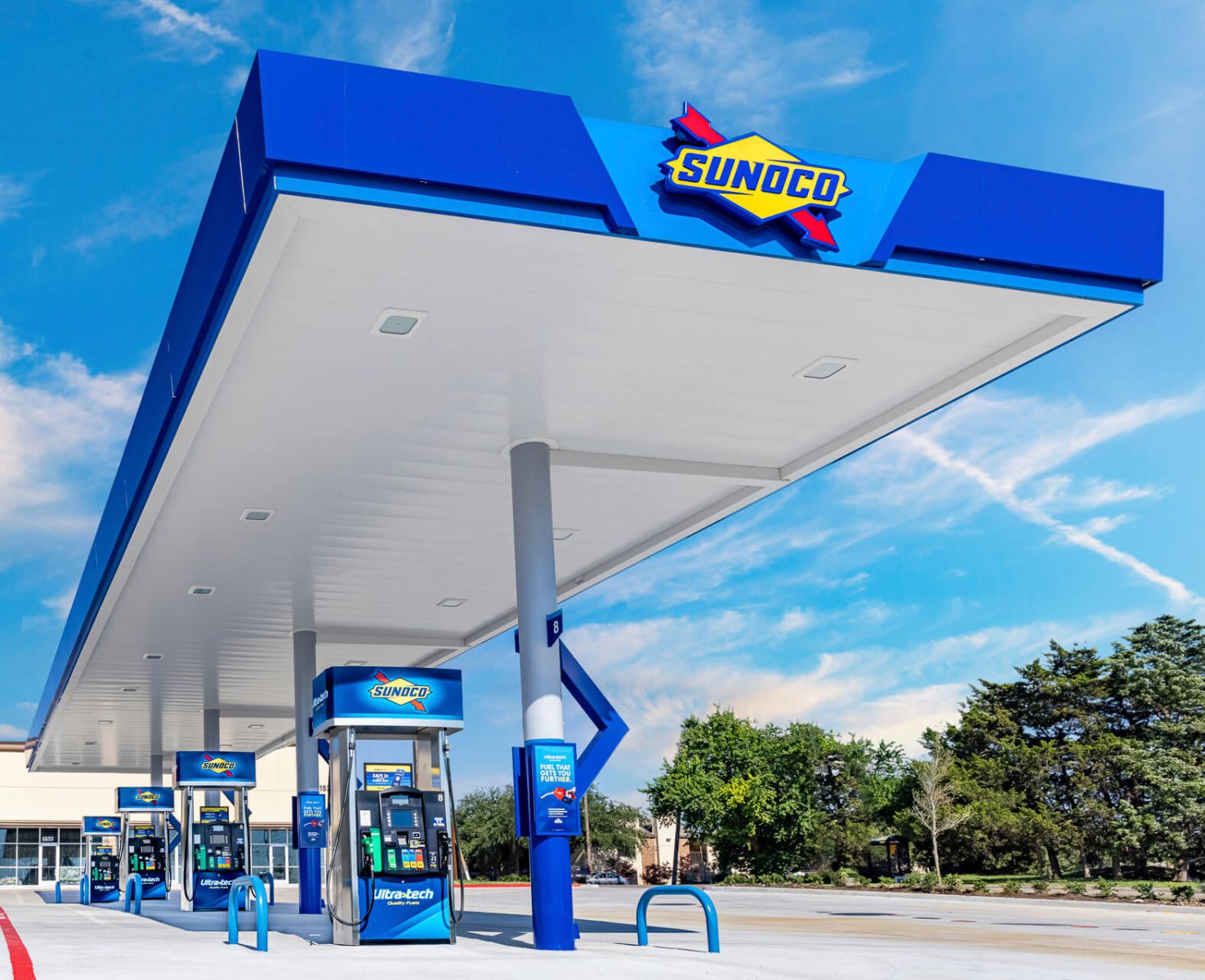
The Why Behind Top Tier Fuels
The point of Top Tier fuel like Sunoco Ultratech is to keep your engine cleaner inside. Using the bare minimum detergent levels in your fuel is like washing your dishes with a tiny drop of soap. They might come out looking clean but look more closely and you'll start to see the dirt that was missed.
Thanks to those higher detergent levels, engines run cleaner, longer, and more efficiently. Cleaner fuel injectors can spray tiny droplets just like the engineers expected, letting that fuel mix more completely with the air in your intake. Valves free of deposits are smooth and won't stick open or closed when the camshaft and valve springs try to move them. The valve opens fully with no debris blocking the opening and nothing stopping the tumbling of the air.
The Benefits of Running Top Tier fuel like Sunoco Ultratech
An engine free from deposits will run cleaner, and that means more power, better throttle response, improved fuel economy, and can even mean less highway noise. An engine free from deposits thanks to the regular use of a Top Tier fuel like Sunoco Ultratech can also last longer because sticking valves and clogged injectors can lead to serious engine issues.
Maybe most important of all, it's the vehicle and equipment manufacturers who wrote the standards that enforce them. Those manufacturers work together to continue improving Top Tier fuels and to make sure that what's in your tank is what they require to keep your vehicle at peak performance.
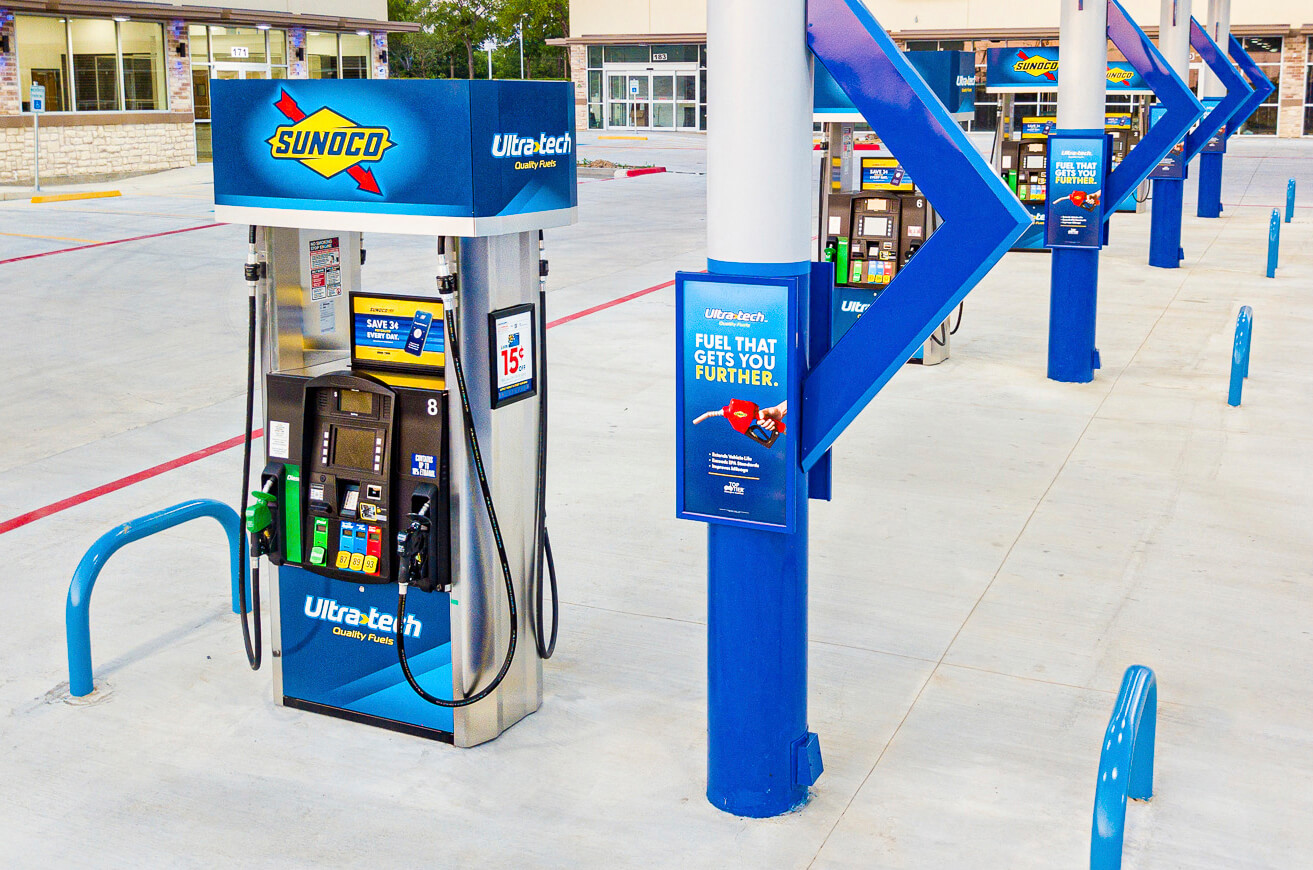
Make Sure You're Getting the Good Stuff
Because it's voluntary, not all stations offer Top Tier fuel. At Sunoco, you’ll see the Top Tier logo on all Ultratech fuels, so you know that the fuel being pumped out is what your engine needs. To make sure that the fuel really is Top Tier, filling stations are monitored and randomly (and unannounced) audited. The fuel is tested to make sure it has the right concentrations of additives.
Your owner's manual probably recommends Top Tier gas by name, but even if it doesn't, higher detergent fuels can still give your car or truck similar benefits.
Where to Get Top Tier
But I saw this same tanker truck at the discount station down the road, you might ask, so can't I get Top Tier there? Fuel tankers are designed with multiple compartments, so they may be delivering a load of Top Tier gasoline or diesel to one station and fuel that only meets the minimum to that other station down the road on the same trip.
The only way to be sure you get Top Tier fuel is to look for the Top Tier logo, or pick Sunoco Ultratech, which guarantees Top Tier. Ultratech fuel has the same levels of detergent as the fuels Sunoco makes and supplies to every single car and truck in NASCAR's Cup Series, Xfinity Series, and Camping World Truck Series every weekend.
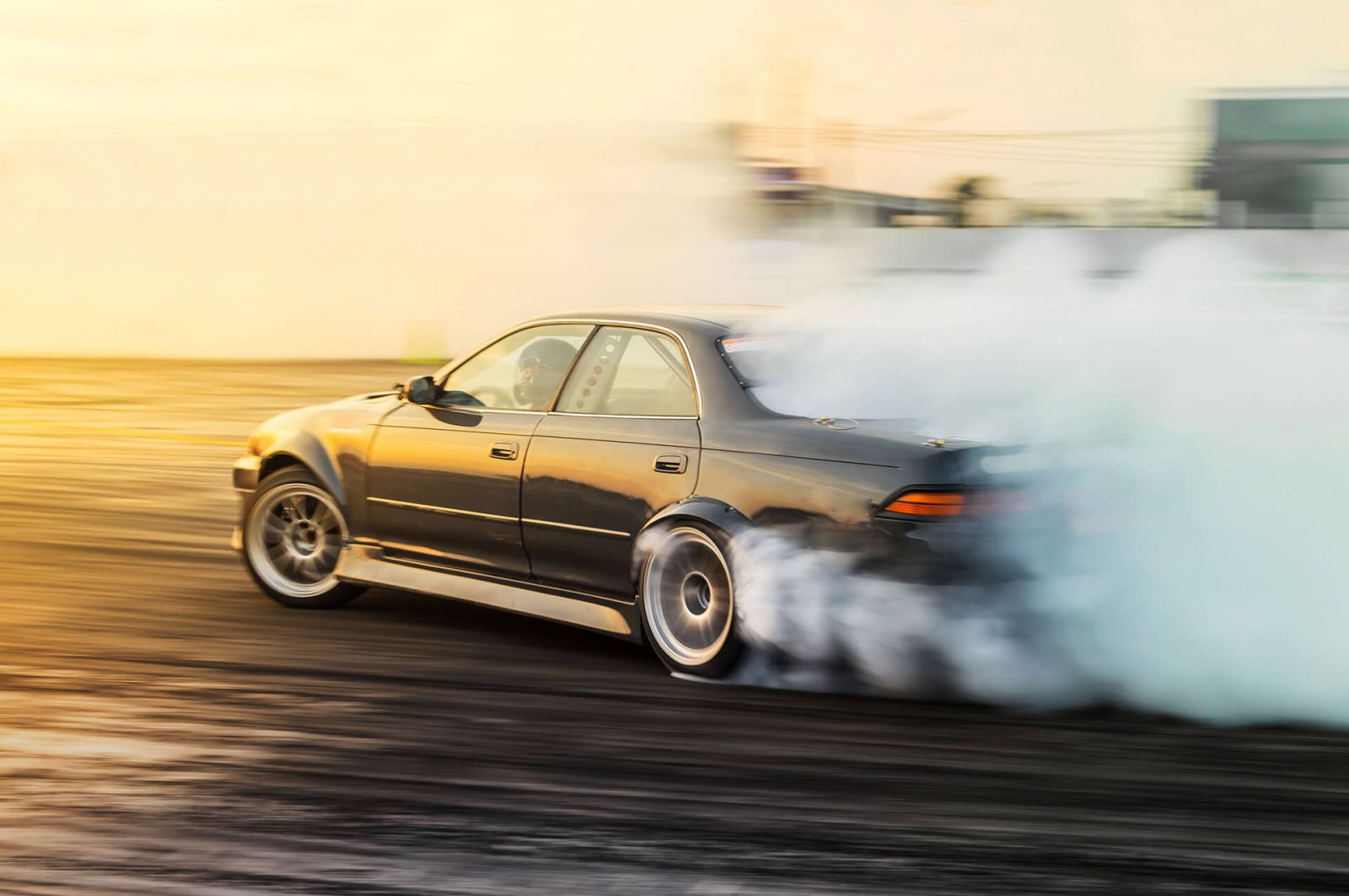
Other Additives Make Some Gas Better Than Others
Top Tier isn't the only thing you want to look for as a sign that some fuel is better than others. Sunoco fuels offer more additives than just detergents. In Ultratech fuel, you'll find antioxidants that can extend the shelf life of your fuel, ideal for plug-in hybrids that are driven frequently but may not need a fill-up for months.
Sunoco fuels are also filtered to make sure that no particles make it through the pump and into your own fuel tank. Plus, Sunoco retail fuels contain no MMT, which is an octane booster used by some fuel suppliers that may be linked to manganese exposure and health issues.
The Top Tier benefits of Ultratech aren't limited to just Ultra 93 high-grade fuel, either. All grades of Sunoco gasoline at the pump, from Regular to Ultra, meet the Top Tier detergent guidelines and help your engine run cleaner, longer, and more efficiently. Visit Sunoco.com to find a station near you!
So the next time you're looking at a low tank, remember that no, not all fuel is the same. The one that saves you a few cents today could cost you much more down the road if it has a lower detergent level.

